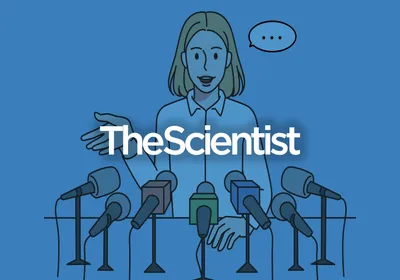 Attendees of a full town hall meeting on the subject of health care reform in West Hartford, Connecticut, in September 2009 WIKIMEDIA COMMONS, SAGE ROSS
Attendees of a full town hall meeting on the subject of health care reform in West Hartford, Connecticut, in September 2009 WIKIMEDIA COMMONS, SAGE ROSS
Public meetings and consensus conferences seem to be the tool du jour for many government agencies, including the National Institutes of Health and the US Department of Agriculture. Designed to give the public a voice in policy decisions, they can, in some cases, provide valuable insights into the local public’s views and opinions on certain issues. But they can also have disastrous consequences when used as a policy-making tool designed to tap public opinion more broadly. And the likelihood of failure is particularly high when debates emerge in a community about if and where to build controversial facilities for storing nuclear waste or conducting research on potentially deadly biological pathogens.
The politics of site selection for controversial research often pits the collective need for state-of-the-art ...
















